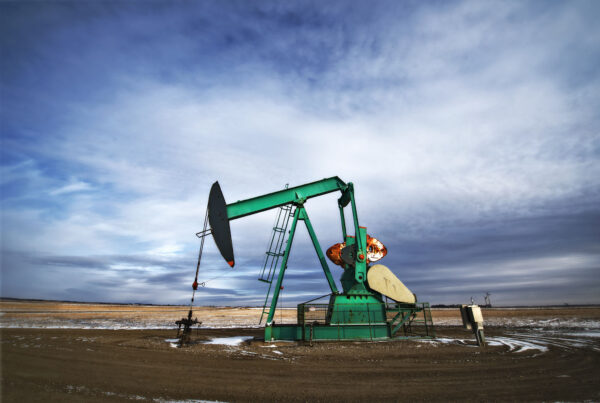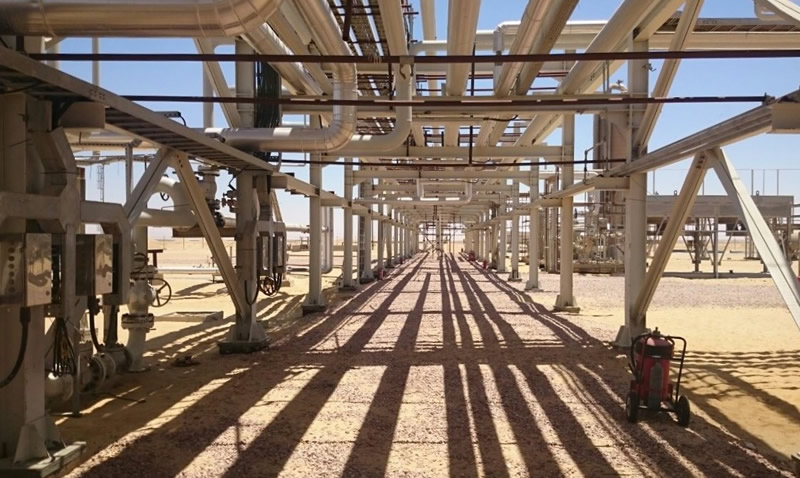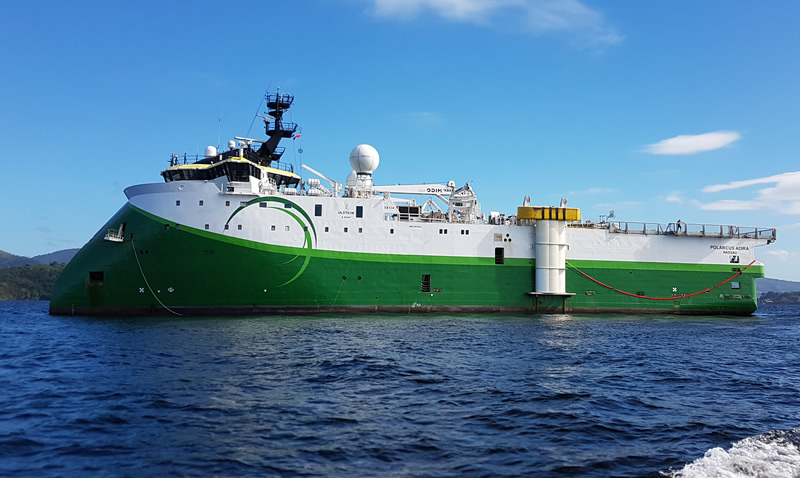It is fair to say that the world changed between the transaction’s announcement and its consummation. But, in a reminder that the micro is as important as the macro, the asset also significantly altered. Due to a new well drilled in December, Abu Sennan will yield c.1,700bl/d to United, nearly double the rate expected at the time that the deal was agreed. Petroleum Economist spoke to United CEO Brian Larkin to find out more.
What attracted you to Egypt?
Larkin: United as a company is very much asset-driven when looking at new opportunities. And there were three real standouts when looking at Egypt.
The first one was low operating costs—$6.50/bl—which is extremely attractive. Second was the risk profile of the portfolio of assets at which we were looking. We were not over-relying on one or two producing wells, given that production was spread over 17 wells.
And the third piece was the people. We knew we were going to inherit a very strong team and we knew that Egypt has both a young oil and gas population coming through and experienced personnel who have been there a long time. We thought that was a great anchor on which to build our business.
Ultimately, it all stacked up. We liked the assets’ production portfolio and we felt that Egypt had turned a political corner and was well-positioned for future growth in its hydrocarbon industry.
Obviously, since you have done the deal, the world has got even more challenging.
Larkin: Thankfully, we took out a hedge at $60/bl that covers c.20-25pc of our production. And the gas from the field is sold under a long-term sales contract which essentially gives us a secondary hedge. All-in-all, c.30pc of our production is hedged.
But having a low operating cost in a low oil price environment is obviously quite critical. We were always mindful that the oil price moves in cycles, so we wanted to manage our business on the downside so that we could survive challenges where the oil price might drop down to $20/bl. So operating cost per barrel was absolutely key to any assets we were looking at acquiring.
Could you tell us a little bit more about the BP financing aspect of the Rockhopper deal?
Larkin: The BP financing was extremely important to us in that it obviously carried out a very thorough and detailed commercial due diligence on these assets. So, when we struck the deal, it was not just us saying this is a good deal for our shareholders. Having BP at the table helped validate the deal.
Part of the financing package is essentially a prepaid spot swap, underpinned by a hedge. That gives us great security. On the other hand, the structure of the hedge means that we are protected on the downside, but we have all the access to the upside.
How attractive are the fiscal terms in in Egypt compared to elsewhere in the world you are active?
Larkin: We felt Egypt was competitive with other regions we were looking at. You cannot wholly hang your hat on fiscal terms. Sometimes you have to look at a wider commercial and economic evaluation. You cannot assess an opportunity just based on the tax take or the royalties. The Egyptian terms are fine; they suit us.
Because we have low capex and opex costs, we can create a lot of free cash for our shareholders. We are always looking at new opportunities and different regimes across the globe. But, ultimately, we assess every opportunity as a standalone and we look at the wider commercial and financial rewards.
Your production is 87pc oil, but you do have 13pc gas. Egypt’s gas market, both domestically and for export, has been more challenging in recent months. What is your view on the country’s gas future?
Larkin: We are getting a good price in the gas market. And we are putting plans in place right now to monetise more gas through pipeline sales. So, we certainly feel there is a good future for gas in Egypt.



